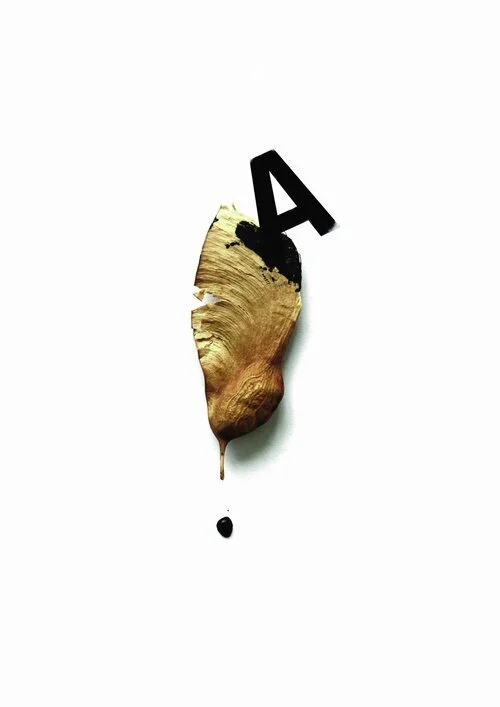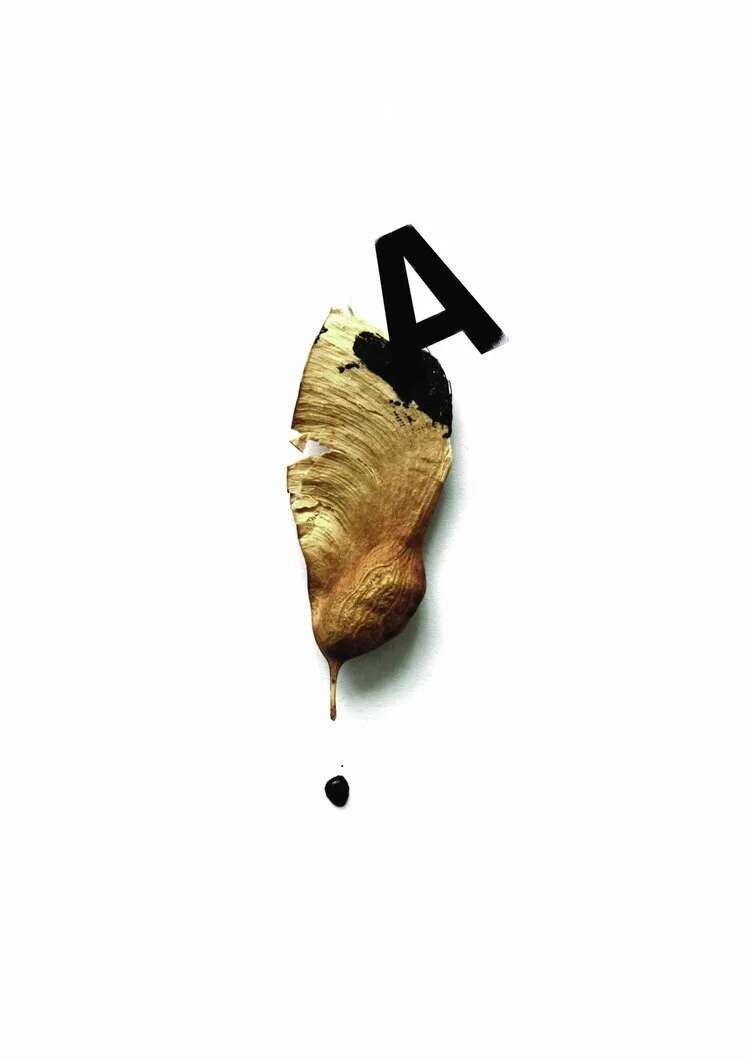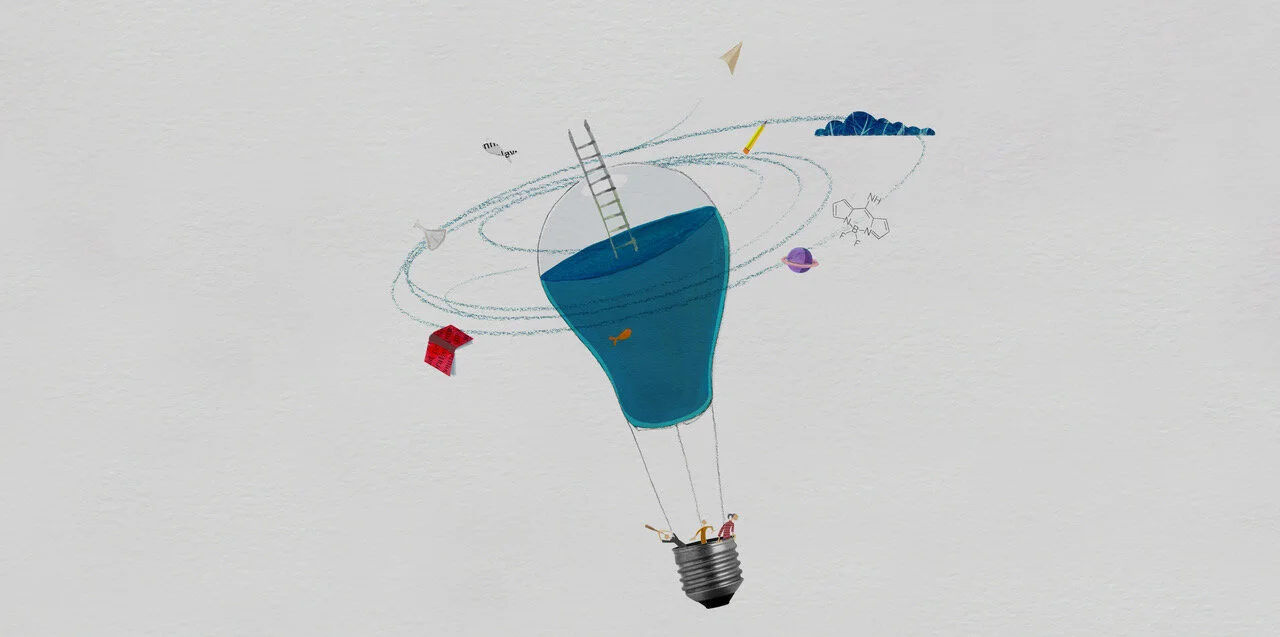In this opinion article, Nigerian child rights activist and CRIN climate adviser Aisha Saleh explains how climate change is increasing poverty and in turn child marriage, and that she responds by educating the parents about the implications of underage unions.
Read MorePoland’s Catholic Church recently released new data on sexual abuse committed within its walls, including against children. This opinion piece explains how the move is long overdue and exposes the institution’s move as a false display of transparency.
Read MoreIn this opinion article, Emirati youth climate activist and CRIN climate adviser Sagarika Sriram argues for the importance of climate change education in the school curriculum.
In this opinion article, South Korean youth climate activist and CRIN climate adviser Yujin Kim comments on the why she and fellow activists decided to challenge the government’s climate inaction in court.
A creative response fusing poetry, animation and sound, to encourage critical thinking about the military recruitment of young people in relation to human rights. Should the armed forces recruit children under the age of 18? You decide...
Read MoreTwenty major children’s and human rights organisations have written to the UK government today, calling for an end to the recruitment of children by the UK armed forces.
Read MoreIn this opinion article, Zimbabwean youth climate activist and CRIN climate adviser Nkosilathi Nyathi comments on the need to ensure access and diversity at international climate talks, and that this diversity must also include young people.
Read MoreOne of CRIN’s funders - the Joseph Rowntree Charitable Trust (JRCT) - recently published a statement revealing that its wealth has roots in slavery, colonialism and white supremacy. We reflect on the Trust’s approach to its history, and what it can offer to others who benefit from philanthropic wealth.
As an organisation that works on all children's rights, we must acknowledge that climate and environmental degradation affect all other rights, as without a planet to live and thrive in, what’s the point of rights? But more than recognising this reality, we must act on it. Read our new climate justice strategy.
More than 1,000 organisations have been calling on UN Member States to recognise the right to a healthy environment. A new statement has been delivered during the 46th session of the Human Rights Council, which is still open for new signatories.
Read MoreWe’re considering what to do with CRIN’s old library on children’s rights and we’re inviting our users to share any suggestions. Some years ago we archived the database and stopped updating it, as it had become untenable. But it has historical value, so we didn’t get rid of it.
Read MoreShamima Begum was recruited by ISIL when she was 15 and left the UK for Syria. In 2019 the Home Secretary deprived her of her citizenship and in February 2021 the Supreme Court decided on her appeal. In this FAQ we explain the case and why it matters.
Read MoreThe UN’s child rights committee has handed down its first decision about the rights of a child of an LGBT couple. It found that Finland failed to consider the best interests of the child of a lesbian couple when assessing his asylum request, in a case in which CRIN and partners intervened.
Read MoreWe’re pleased to announce that youth climate organisers have joined CRIN as Advisers on our work on environmental issues. This is the first time we’ll be collaborating with under-18s in this way, but the playing field is an equal and democratic one and we’re holding ourselves accountable to them.
Read MoreThe UK government has made it clear that it has no interest in conducting an objective and impartial review of its Prevent counter-terrorism policy. We cannot be complicit in a process that serves only to rubber stamp a fundamentally flawed strategy.
Read MoreSchools in Brazil have been shut because of the Covid-19 pandemic for longer than in most countries. In this guest article, the Alana Institute in Brazil makes a case for using green and open spaces in children’s education, showing how one city is already planning for it once it is safe to return to school.
In this opinion piece for Chile’s national survivors’ network, we highlight the essential next steps to securing truth and justice in Latin America’s clergy abuse scandal, discussing what’s necessary and what’s feasible.
Read MoreAs the world faces up to the challenges of dealing with the coronavirus (Covid-19) pandemic, CRIN is producing a series of features exploring how the pandemic and the measures to prevent its spread impact the human rights of under-18s.
Read MoreWith Covid-19 coverage focusing more on the negative impact the pandemic is having on citizens worldwide, here we swap ‘what’s gone wrong’ with ‘what’s gone right’, as we take a brief look at creative and considerate initiatives that have also come out of the pandemic.
What is the impact on the mental health of under-18s in a country that spends less than one percent of its health budget on mental healthcare? CRIN spoke with Kavita Mangnani, clinical psychologist and director of the restorative care programme at HAQ-Centre for Child Rights in Delhi.
Read More



















